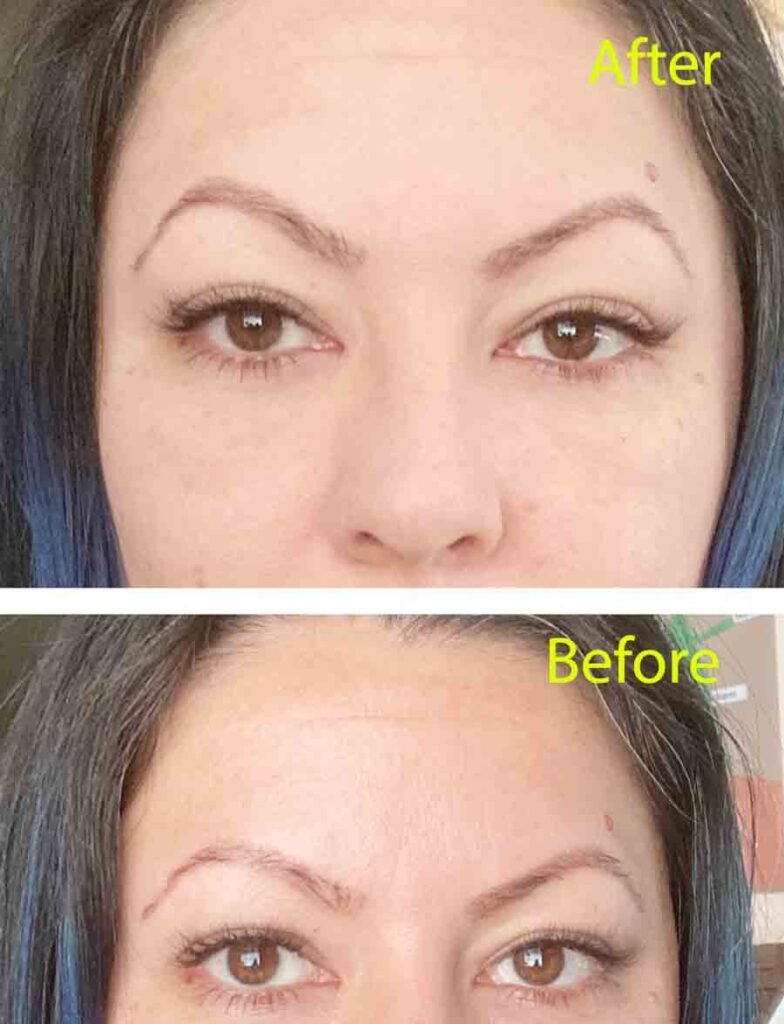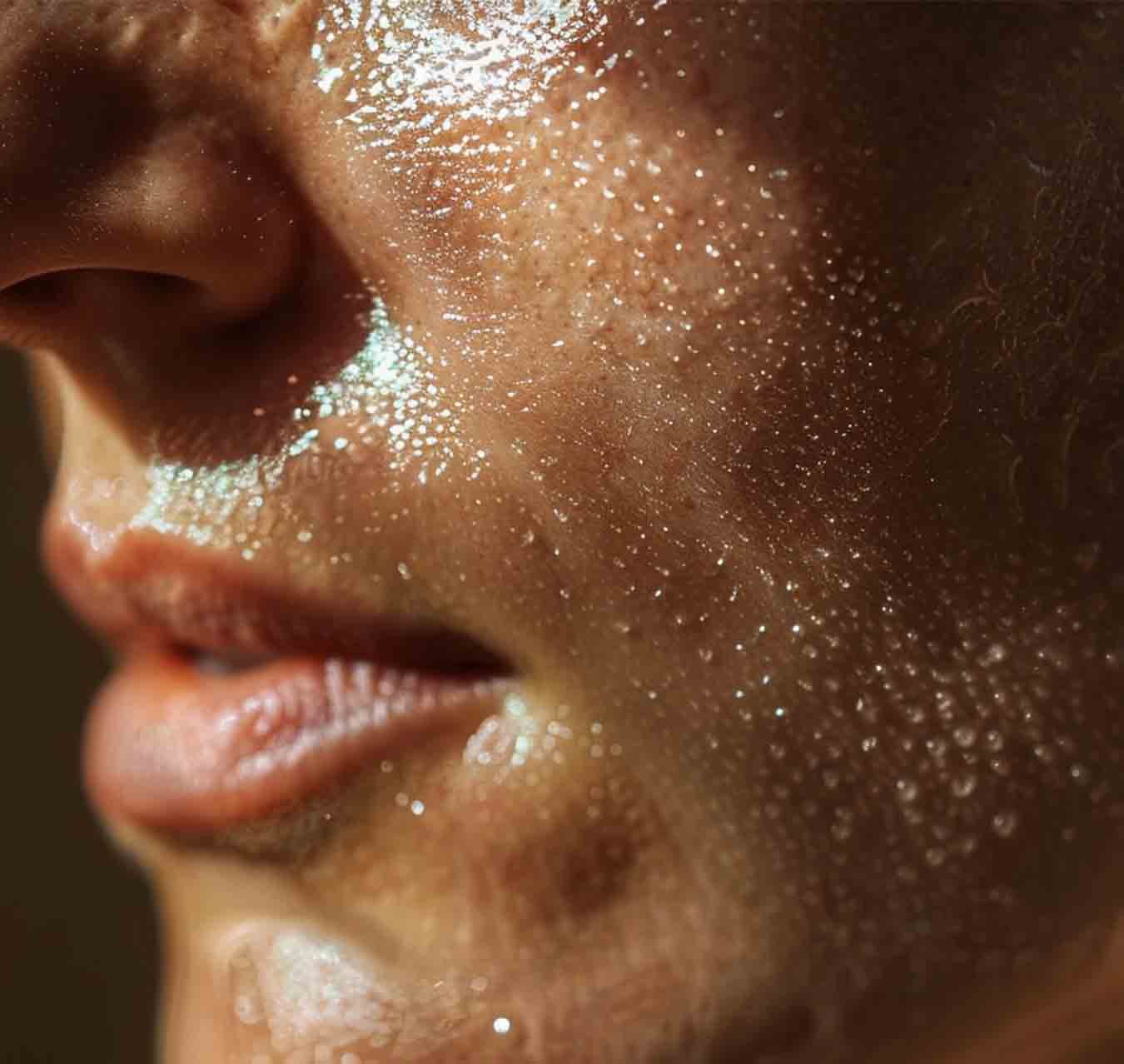How to reduce sebum production internally Naturally
Sebum production is a significant factor to consider when looking for the causes of the formation of a shine and avoiding clear skin. Sebum, the genuine oil our skin emanates is vital in determining skin moisture content and barrier function. However, sebum secretion can cause problems such as oily skin, buildup of substances in the pores, and pimples.
As for these issues, there are lots of creams and lotions that will assist in fixing these issues However, altering what goes inside the body’s nutrition, and lifestyle, and taking supplements can greatly affect sebum production. In the following comprehensive guide, the reader will learn the internal natural way of fighting sebum production, and how diet, hydration, stress, and supplements can influence the process.
Understanding Sebum Production
In the following chapter, more information about sebum production will be given about the main objectives of the sebum, factors that may affect the amount of sebum produced by the body, and the effects of excessive sebum production on skin condition. Sebum production’s influences must be understood to discuss methods of controlling it.
Sebaceous glands are oil-producing glands that are mainly found in the skin and this section looks at foods that can help balance sebum production.
Balanced Diet for Sebum Control
Said sebum needs to be produced in correct quantities and that remains the main goal of the patients that visit the dermatologists. An avoided diet with certain nutrients is effective in regulating sebum production and prevention of oily skin and related conditions.
1. Incorporate Omega-3 Unsaturated fats:
Essential fatty acids known as omega-3 unsaturated fats play critical roles with skin and can influence sebum production. Increase the intake of omega-3 by taking foods rich in this fat such as salmon, flaxseeds, pecan nuts, and chia seeds.
2. Consume Antioxidant-Rich Foods:
Antioxidants work to assist in safeguarding the skin from harm and may play a part in regulating sebum generation. You should incorporate berries, leafy greens, carrots, and bell peppers into the meals you consume since they are rich in antioxidants.
3. Opt for Whole Grains:
Guessed it, quinoa, brown rice, and oats are as beneficial as one can imagine and they control our blood sugar level which does not allow sebum to go through the ‘spike and crash’ experience.
4. Include Lean Proteins:
The fats that make up lean proteins such as chicken, turkey, tofu, and legumes, are beneficial skin nutrients that can help combat oily skin.
5. Limit Sugary and Processed Foods: Limit Sugary and Processed Foods:
Sugary and processed foods can disrupt hormone levels needed to regulate sebum production, leading to even more sebum on the skin. Reduce your consumption of desserts, carbonated beverages, white bread products, sweets, or chips to have healthy skin.
6. Stay Hydrated:
Intake of water should not be limited because it plays a big role in the health of the skin thus preventing too much secretion of sebum. The average should consume at least eight glasses of water daily to make skin healthy and perform all its functions.
One can eat all such foods that are useful to suppress sebum secretion along with other nutritive values that would take care of skin problems. Proper diet, proper hygiene, and the following skincare tips mentioned above can complement each other in making one’s skin look way better.





